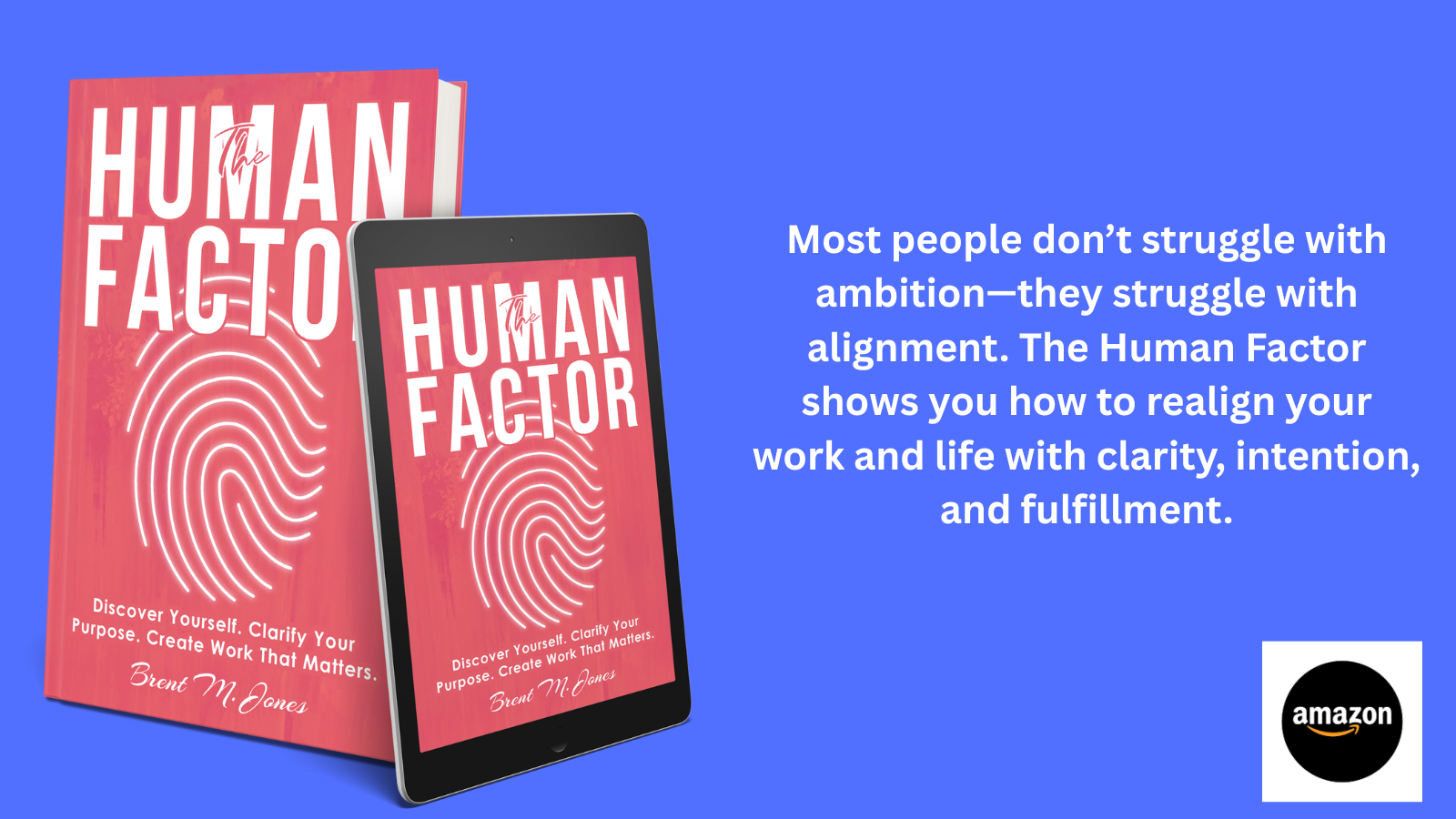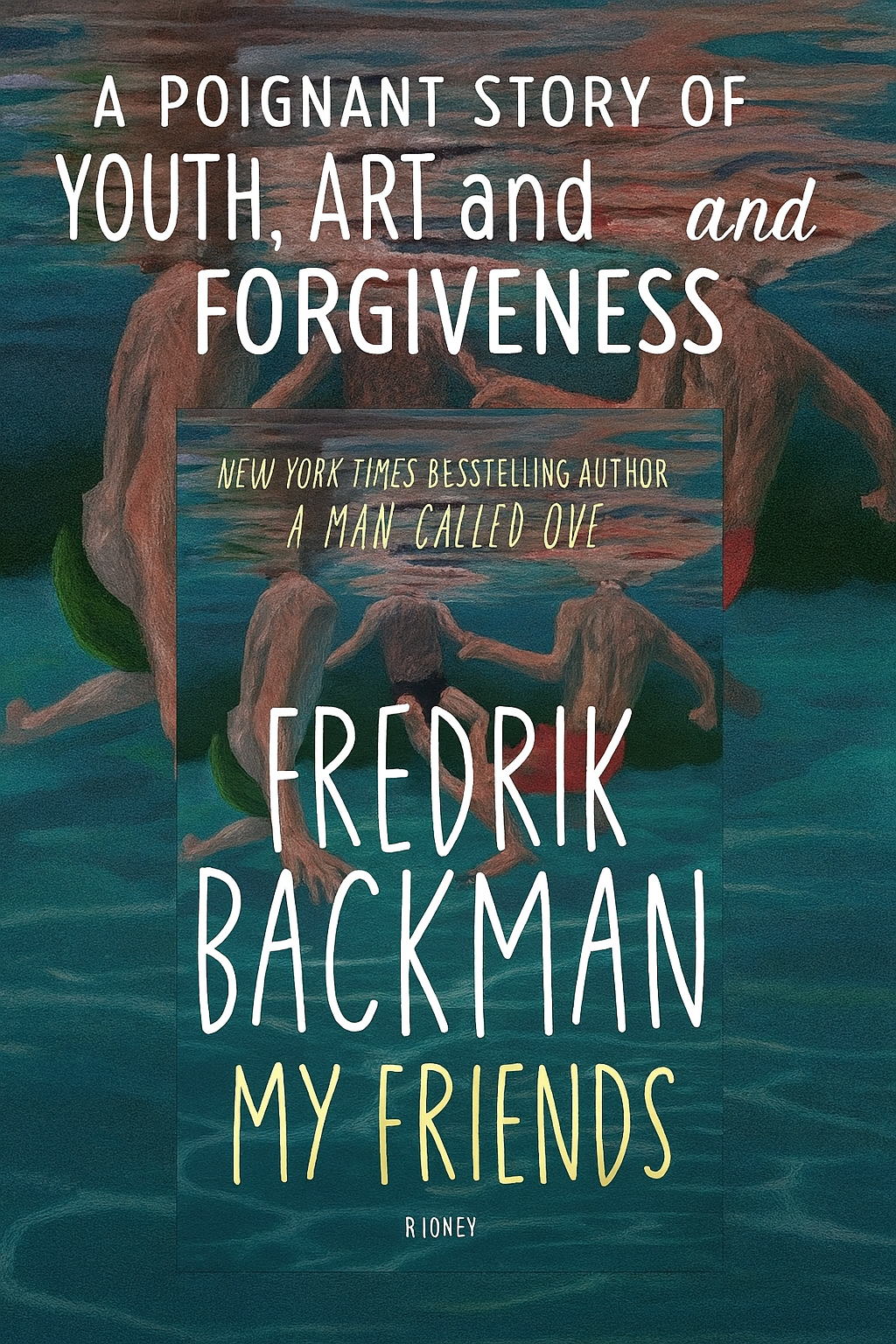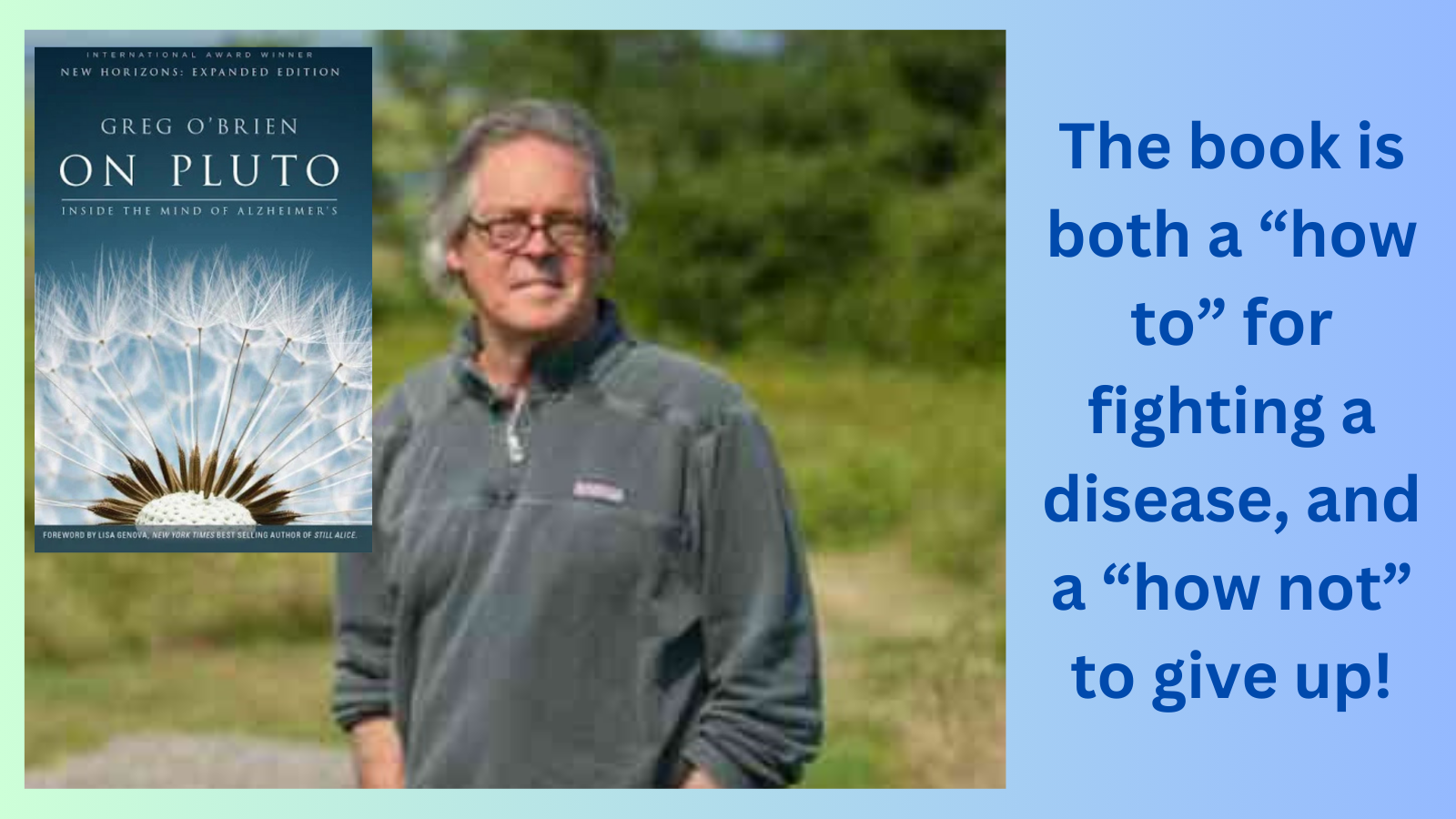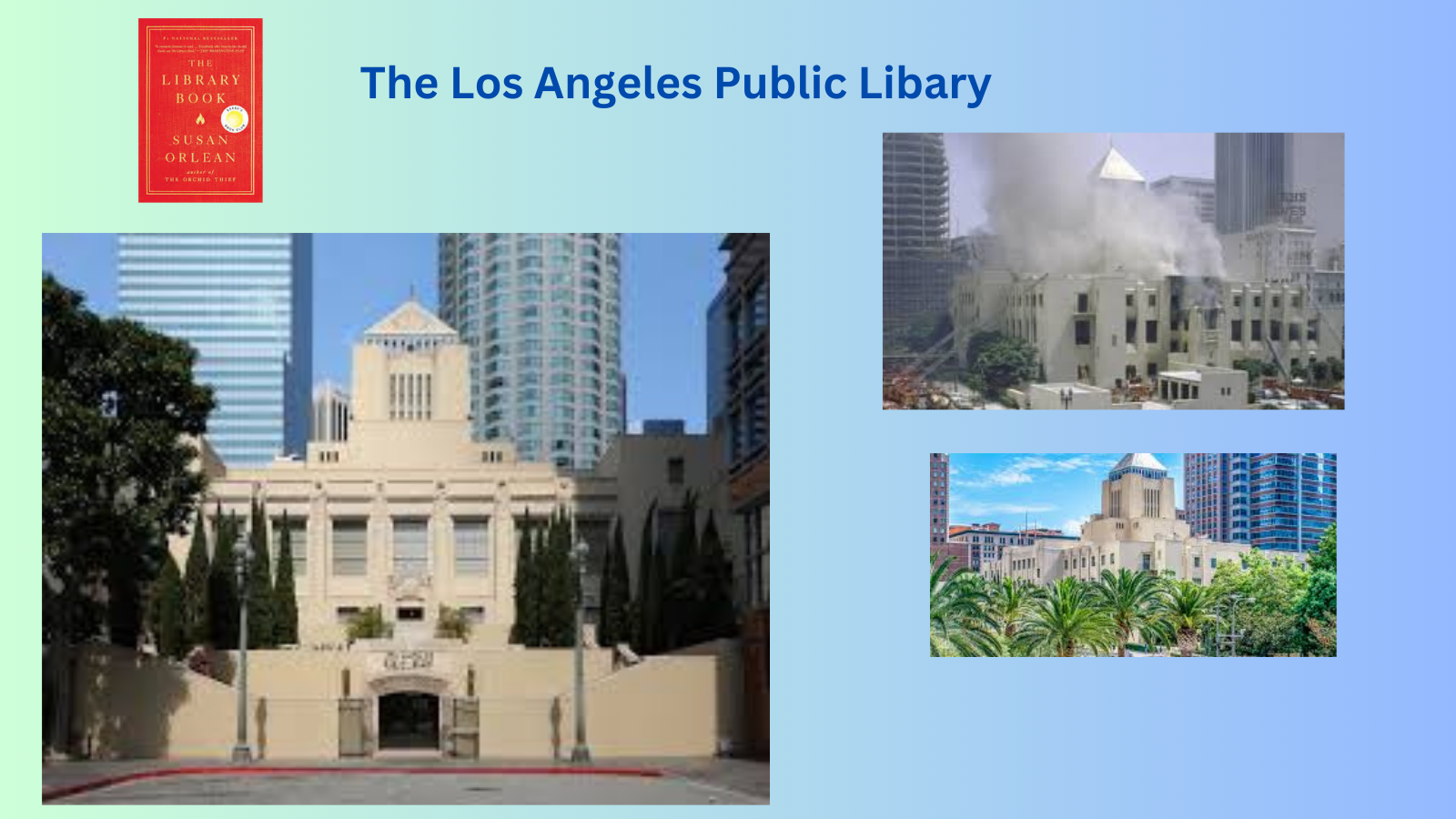The Proving Ground: A Lincoln Lawyer Novel — Book Review
Michael Connelly’s The Proving Ground stands out in the Lincoln Lawyer series not because it abandons what works, but because it subtly shifts the terrain beneath it.
At its core, this is still a Mickey Haller novel driven by sharp dialogue, clean pacing, and Connelly’s steady command of the legal world. The pleasure of reading it comes from that familiarity—the confidence of the writing, the clarity of the plot, and the sense that the story knows exactly where it’s going. I enjoyed the book largely for those reasons alone.
What makes The Proving Ground different from the previous entries, however, is its legal pivot. Instead of focusing on criminal defense, Haller moves into civil law, filing a lawsuit rather than defending an accused client. That shift—from protecting individuals to holding an institution accountable—adds a fresh dimension to the series and reframes Haller’s role in a way that feels both natural and revealing. It’s not just a change in legal procedure; it’s a change in perspective.
The case itself centers on Tidalwaiv Technologies, an AI company whose chatbot is alleged to have influenced a violent crime. While the premise touches on timely concerns about artificial intelligence, the novel avoids turning into a cautionary screed. The real issue isn’t AI as an abstract threat, but the biases embedded in its design—the flawed assumptions, blind spots, and human decisions that shaped the system. In that sense, the technology is less the villain than the mirror.
As someone who uses AI tools like ChatGPT and finds them genuinely useful, I found this aspect of the book especially interesting. Connelly doesn’t argue that AI is inherently dangerous; instead, he explores how unexamined bias, poor oversight, and lack of accountability can turn powerful tools into harmful ones. That nuance gives the story weight without tipping into fearmongering.
Beyond the courtroom drama, Connelly weaves in personal threads—Haller’s family dynamics, disruptions caused by Los Angeles fires—that ground the novel and keep it human. These moments don’t distract from the plot; they deepen it, reminding the reader that legal battles don’t happen in isolation.
The Proving Ground may be the eighth Lincoln Lawyer novel, but it doesn’t feel like a repeat performance. It’s a confident evolution—familiar in voice, different in structure, and timely in its questions. For longtime readers, it offers something new without losing the rhythm that makes the series work. And for anyone interested in how law, technology, and human responsibility intersect, it gives you something to think about long after the case is closed.
History Matters: David McCullough
David McCullough doesn’t argue that history matters. He shows it. In this collection of speeches and essays, history is not treated as a subject to master but as a responsibility to carry. What stays with me is not a list of facts or accomplishments, but the steady reminder that every moment we inherit was shaped by people who acted without certainty, often guided only by character, preparation, and a sense of duty. History Matters is less about looking back and more about learning how to pay attention—to context, to consequence, and to the human choices that quietly shape the future.
By the end of History Matters, what lingers is not instruction but perspective. McCullough leaves the reader with a deeper awareness of how easily progress can be taken for granted and how much depends on ordinary people choosing to act with care and responsibility. The book doesn’t ask us to admire the past or fear the future. It asks us to pay attention to the present—to the choices we’re making, the stories we’re carrying forward, and the small moments that, over time, become history themselves.
Lord of the Flies, by William Goldman
Another approach from original review on August 9, 2020
Lord of the Flies isn’t just a survival story—it’s a study of human nature stripped down to its essentials. William Golding uses the castaway boys to build a miniature society where each character mirrors a familiar impulse: Ralph’s instinct for order, Piggy’s reliance on logic, Jack’s hunger for domination, and Simon’s quiet moral clarity.
What struck me reading it again is how recognizable they feel. We see versions of these characters in workplaces, communities, families—and, sometimes, in ourselves. The book reminds us how fragile cooperation can be and how quickly fear or ambition can reshape a group.
Golding’s novel has endured because it isn’t really about an island. It’s about the fragile structures that hold us together and the inner forces that can either preserve or unravel them. A classic worth revisiting, especially if you’re interested in how human behavior shifts under pressure.
What Matters: We Are the Sum of Small Moments By Brent M. Jones →
In a world that often prizes grand gestures and major milestones, this reflective book invites us to consider something quieter—but just as powerful: the meaning found in small, everyday moments.
What Matters is a thoughtful exploration of personal growth, reinvention, connection, and the quiet clarity that comes from simply being present. Through a series of reflections, Brent M. Jones reminds us that we are shaped not just by what we achieve, but by how we choose to notice, respond to, and honor the little things that make up our lives.
This book is not about fixing yourself. It’s about seeing yourself more honestly—and finding meaning in the process.
Whether you're navigating change, rebuilding, or just pausing to reflect, What Matters offers a gentle companion for the journey.
🟡 Now available in eBook format
📘 Explore more of Brent’s work and reflections throughout this site
The Human Factor: Discover Yourself, Clarify Your Purpose, Create Work That Matters
A practical and inspiring guide to meaningful work
I have taken the ideas from my original Human Factor book and expanded them into something even more powerful. This updated edition doesn’t just talk about finding a job; it’s about understanding yourself, clarifying your values, and creating work that aligns with your purpose.
What I appreciated most is the clear framework: Discover → Clarify → Create. It makes the book easy to follow, and each step is filled with examples, reflective questions, and practical insights that I could immediately apply to my own career and life.
Unlike many career books that focus only on résumés and interviews, this one goes deeper. Jones reminds us that meaningful work begins with knowing yourself. Whether you’re a recent graduate, mid-career professional, or someone reinventing yourself later in life, this book offers timeless guidance.
Highly recommended if you want more than just a job — if you want work that actually matters.
Note: This edition expands on my earlier book The Human Factor: How Finding Your Dream Job Starts by Getting to Know Yourself. While the first book focused on self-awareness in the job search, this new version goes further — guiding you to discover who you are, clarify your purpose, and create work that truly matters.
Meaningful work begins with knowing yourself.
My Friends, by Fredrik Backman →
Fredrik Backman's My Friends begins with a painting—seemingly just a seascape to most, but to Louisa, a young artist, it’s a mystery worth unraveling. At the end of a long pier sit three tiny figures, almost hidden, yet filled with meaning. As Louisa sets out to uncover their story, she’s pulled into a decades-old summer shaped by four teenagers trying to make sense of their complicated lives.
Joar, always ready to fight; Ted, quiet and grieving; Ali, untethered by a transient home; and the artist, gifted and withdrawn—these young souls find laughter, stories, and unexpected hope in each other. That fleeting time becomes the heart of the novel, captured forever in the painting that eventually finds its way to Louisa.
While I felt somewhat let down by the ending and missed a fuller resolution for the characters, the novel's emotional weight lives in the lives of those young friends and the way their bond shaped them. My Friends doesn’t just celebrate youthful connection—it mourns how easily we forget the intensity of that age, even as it continues to shape who we are. Maybe Backman’s deeper message is this: when we remember the raw, honest version of ourselves from youth—the moments we felt deeply, cared fiercely, and tried our best—we’re more able to forgive who we are now. That memory becomes a bridge to self-compassion.
Stephen King's Never Flinch →
Stephen King's Never Flinch is a gripping and multifaceted novel that showcases his talent for balancing suspense with deeply human storytelling. Holly Gibney, a recurring character in King’s recent works, stands more confidently in this installment, both emotionally and professionally. While she remains central to the story, King weaves in a compelling ensemble of new and returning characters that enrich the narrative.
The novel follows two converging threads: a chilling threat to kill “thirteen innocents and one guilty” in a twisted act of revenge, and a rising danger against feminist speaker Kate McKay. Holly is drawn into both worlds—supporting the police investigation and serving as Kate’s bodyguard. As the tension builds, King delivers a darkly satisfying blend of psychological drama, social commentary, and pure thriller energy.
While it’s only been a month since I read it, I find myself more struck by the overall tone and Holly’s growth than the plot details—which speaks to how effectively King writes his characters. Never Flinch is smart, tense, and full of the kind of layered menace only King can create.
The Power of Authentic Communication: In a World Full of Noise, Authentic Communication Stands Out →
In a noisy world, what truly sets you apart is how honestly you connect.
The Power of Authentic Communication is a thoughtful and practical guide to speaking with clarity, listening with intention, and showing up as your true self in every conversation.
Whether you're navigating personal relationships, leading a team, or building your professional presence, author Brent M. Jones draws on decades of coaching, leadership, and life experience to show how authentic communication can transform the way you relate to others—and to yourself.
Inside, you'll learn how to:
Recognize and remove common barriers to real communication
Speak with purpose—without jargon or pretense
Adapt your message while staying rooted in your values
Build trust, resolve conflict, and inspire meaningful change
Strengthen emotional intelligence and self-awareness through intentional dialogue
This isn’t a book about saying the “right” thing. It’s about learning to be real—with yourself and with others. If you're seeking deeper connections, stronger leadership presence, or a more grounded way to express who you are, this book is an ideal place to start.
Because in a world full of noise, authenticity isn’t just powerful—it’s essential.
Bill Gates Source Code: My Beginnings →
The book Source Code covers Gates' Early Years, about 25 years, the first phase of his life. This book will be one of three memoirs he has planned. Bill Gates comes across as authentic in this book.
The trust and relationship Gates' parents had with him were truly remarkable and played a significant role in his journey. Their support and the space they provided him to focus on his goals during his childhood in Seattle, his early entry into coding at age 13, his time at Harvard, and the early years of “Micro-Soft” in Albuquerque were crucial in shaping his future.
Dinner with the President: Food, Politics, and a History of Breaking Bread at the White House
The authors suggest that some of the most significant monuments in American history have taken place over meals. This book, with its subtitle 'Food, Politics and the History of Breakin Bread at the White House', explores a topic of great importance, focusing on 26 Presidents, First Ladies, and White House Culinary teams.
While some may question the inclusion of 'politics' in the book's title, the authors reveal that even seemingly mundane White House dinners and gatherings are steeped in political significance.
The book also delves into the profound lessons in hospitality that these historical figures imparted, emphasizing the importance of making others feel at ease.
ON PLUTO: Inside The Mind of Altzheimers by Greg Obrien →
Greg O’Brien On Pluto
The book On Pluto offers a unique and intimate perspective on Alzheimer's, as seen through the eyes of Greg O'Brien, a journalist diagnosed with young-onset Alzheimer's. His personal experiences and insights provide a compelling and engaging narrative that is informative and captivating.
Through his journey, O'Brien's narrative is not about succumbing to the disease, but about embracing life despite it.
O’Brien’s literary prowess shines throughout the book, as he intertwines his personal experiences with literary events. His ability to articulate his journey with such clarity is a testament to his resilience, making On Pluto a significant addition to the literature on Alzheimer's. This is not a book about succumbing to Alzheimer’s, but about living with it. It's a book about hope, faith, and humor as a prescription far more powerful than today’s conventional medications to fight this disease.
You can easily purchase this book on Amazon, where they provide the following information on the order page: “Alzheimer’s is the sixth leading cause of death in the U.S. and the only one of these diseases on the rise. More than 5 million Americans have been diagnosed with Alzheimer’s or related dementia; about 35 million people worldwide.”
The Library Book by Susan Orlean →
The Library Book by Susan Orlean
Libraries are inherently interesting, so it's no surprise that a story about a great library, a catastrophic library fire, a peculiar character accused of arson, and a deep dive into the day-to-day operations of a great library would be even more enjoyable. Susan Orlean’s book The Library Book was not just a surprise, but a truly delightful read that will leave you intrigued and eager to explore its pages.
”On 29 April 1986, Los Angeles Central Library was engulfed in flames. The fire, originating in the fiction stacks, swiftly ascended the staircases, gaining momentum as it collided with ceilings. The intense heat, reaching a staggering 1370C, transformed the metal shelves from a dull grey to a blinding white before they collapsed in a tangle of cherry red.”
All the staff and visitors displayed remarkable courage, evacuating the building safely. However, the same could not be said for the books. By the time the fire and the high-pressure hoses had completed their destructive dance, half a million volumes were declared lost, with an equal number on the brink of survival.
The Small and the Mighty by Sharon McMahon →
The book begins with an introduction focused on New York in 1804 and concludes with the final chapter in 1955 in Montgomery, Alabama. The people in these chapters are the Small and Mighty, and the common thread in what they did clearly shows that they made a big difference.
The author tells us that “Often the small are truly the mighty. Their stories may be eclipsed by a dominant sun, but that doesn’t mean they aren’t ours to discover.”
“Ken Burns said of Sharon McMahon that what she does is not just tell a top-down version of the past but a bottom-up version.
Ken Burns said: There are no ordinary people
Being and Time by Martin Heidegger →
A Review of Martin Heidegger’s Being and Time
Martin Heidegger’s Being and Time was first published in 1927. Philosopher Hans Meyerhoff and many others consider it one of the most important philosophical works of our time.
Heidegger's Being and Time, an ontology that delves into the essence of being, is a transformative journey. It guides us to turn inward, discover our authentic selves, and heed the call of conscience to be true to ourselves.
Heidegger's distinction between Human Beings and Dasein is a significant intellectual leap. It stimulates our minds and engages us in a deeper understanding of our own existence.
Heidegger's call to self-awareness and understanding of Dasein is a catalyst for personal growth. It empowers us to embrace our individuality and strive for authenticity.
Heidegger also explains that time is not infinite but a horizon of possibilities for beings. For human beings, finite time defines what can be achieved through their choices.
(This book is challenging to read. It takes off on several tangents. In some ways, it sounds like a religious focus without referring to a deity.)


















